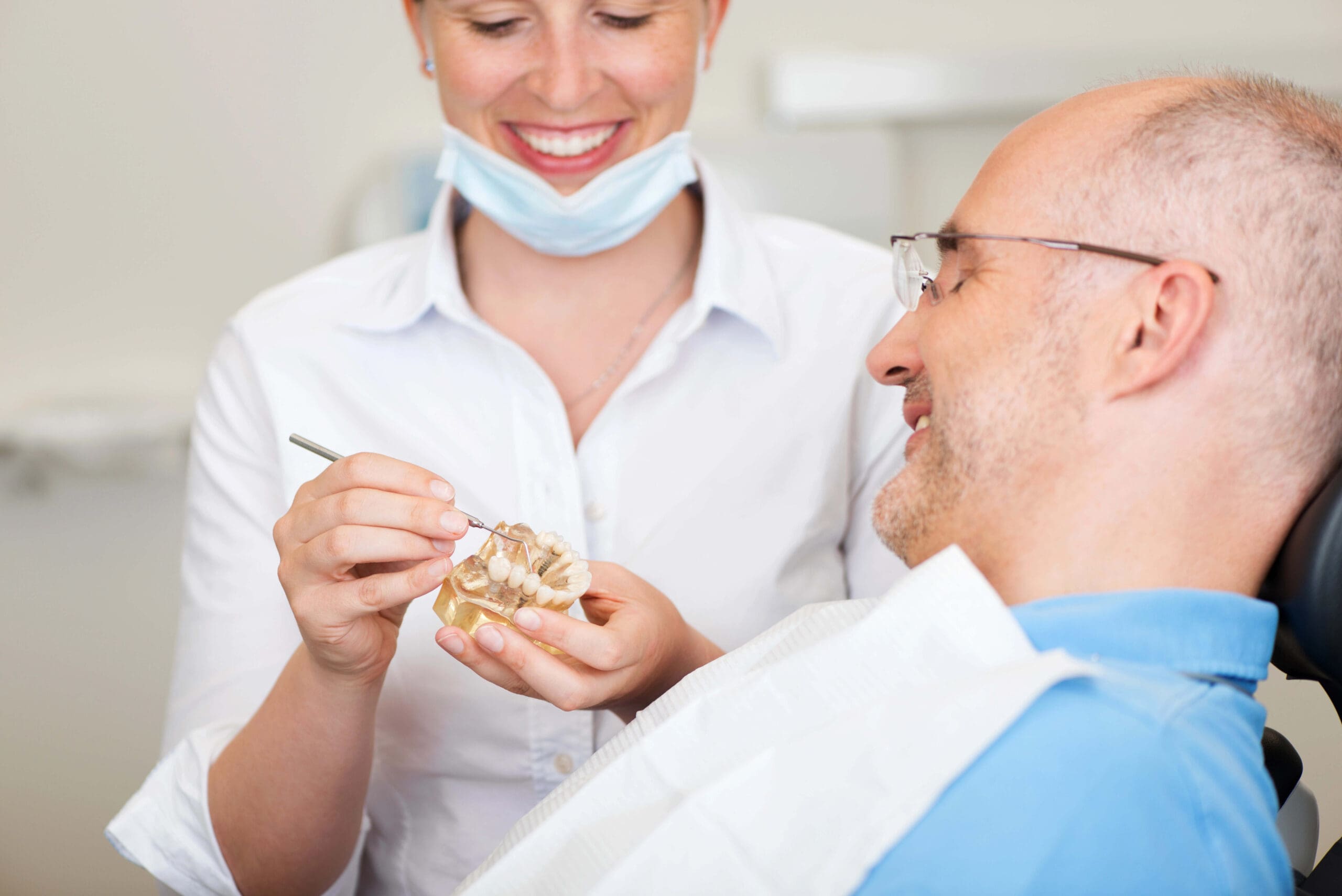Are you exploring an alternative to dental implants? There are several options available that cater to different needs and preferences, providing viable solutions for those seeking to restore their smile without traditional implants.
Alternative to Dental Implants: Cost Comparison
When considering an alternative to dental implants, understanding the cost implications is crucial. Dental implants are often seen as a significant investment, and exploring other options can provide financial relief for many individuals. The cost of alternatives can vary widely based on factors such as materials used, the complexity of the procedure, and geographical location. While dental implants typically involve a higher upfront cost, alternatives might offer a more budget-friendly solution, though they may require more frequent maintenance or replacement over time.
Comparing the cost of alternatives to dental implants with traditional implant procedures can help in making an informed decision. For instance, while the initial expense of dental implants might be higher, they are often considered a long-term solution. On the other hand, alternatives might present lower initial costs but could incur additional expenses in the future. For those interested in understanding the financial aspects of dental procedures, exploring resources like the Cost for All on Four Dental Implants: What to Expect can provide valuable insights into potential expenses and help in evaluating different options.
Procedure Duration
When considering an alternative to dental implants, understanding the procedure duration is crucial for planning and decision-making. The time required for each dental solution can vary significantly based on the complexity of the procedure and the individual’s oral health condition. Some alternatives may offer quicker solutions, while others might require multiple visits over an extended period. It’s essential to consult with a dental professional to get a clear picture of what to expect in terms of time commitment.
The duration of these procedures can also impact recovery time and overall convenience. For those with busy schedules, the length of the procedure might be a significant factor in choosing an alternative to dental implants. To explore more about traditional options and their timelines, you can visit our page on Dental Implant Solutions Meridian.
Longevity and Durability
When considering an alternative to dental implants, understanding the longevity and durability of each option is crucial. While dental implants are known for their long-lasting nature, alternatives can also offer substantial durability depending on the material and method used. The lifespan of these alternatives can vary significantly, influenced by factors such as oral hygiene, lifestyle habits, and regular dental check-ups. It’s important to note that while some alternatives may not match the longevity of traditional implants, they can still provide a durable solution for those seeking different options.
Aesthetic Outcomes
When considering an alternative to dental implants, one of the primary concerns for many individuals is the aesthetic outcome. Achieving a natural and visually appealing smile is often a top priority, as it can significantly impact one’s confidence and overall appearance. Various alternatives to dental implants can offer satisfactory aesthetic results, allowing individuals to maintain a seamless and harmonious look. The choice of an alternative should align with personal preferences and desired outcomes, ensuring that the solution not only meets functional needs but also enhances the visual appeal of the smile. For those exploring their options, Alliance Dental Care offers insights into achieving optimal aesthetic outcomes, and you can learn more by visiting their Meridian Dentist page.
Maintenance Requirements
When considering an alternative to dental implants, understanding the maintenance requirements is crucial for long-term oral health. Each option comes with its own set of care routines that are essential to ensure durability and functionality. Regular cleaning, periodic check-ups, and adherence to specific care instructions are typically necessary to maintain the integrity of these alternatives. Proper maintenance not only helps preserve the appearance and comfort of the dental solution but also plays a significant role in preventing potential complications. By staying informed about the maintenance needs, individuals can make more educated decisions when exploring alternatives to dental implants.
Suitability for Different Conditions
When considering an alternative to dental implants, it’s essential to understand the suitability of each option for various dental conditions. Factors such as the extent of tooth loss, bone density, and overall oral health can influence which alternatives might be appropriate. Some alternatives may be more suitable for individuals with minimal bone loss, while others might cater to those with specific health considerations. Understanding these nuances can help in identifying the most compatible solution for maintaining oral functionality and aesthetics without opting for traditional dental implants.
Recovery Time
When considering an alternative to dental implants, understanding the recovery time associated with each option is crucial. Recovery periods can vary significantly depending on the procedure chosen, ranging from a few days to several weeks. Factors such as the complexity of the procedure, the individual’s overall health, and adherence to post-procedure care can all influence the healing process. While some alternatives may offer quicker recovery times, it’s important to weigh this against other factors like durability and comfort. Ultimately, the recovery time is just one aspect to consider when exploring options beyond traditional dental implants.
Impact on Oral Health
Exploring an alternative to dental implants can have a significant impact on oral health, as each option comes with its own set of benefits and considerations. While dental implants are a popular choice for replacing missing teeth, alternatives may offer different advantages that align better with individual oral health needs. These alternatives can influence factors such as gum health, bone preservation, and overall dental hygiene. Understanding the potential impact on oral health is crucial when considering any alternative to dental implants, as it ensures that the chosen solution supports long-term dental well-being and maintains the integrity of the surrounding oral structures.
Material Differences
When considering an alternative to dental implants, understanding the material differences is crucial. Various dental solutions utilize different materials, each offering unique properties that can affect durability, aesthetics, and compatibility with the human body. For instance, some alternatives might use metals known for their strength, while others may incorporate ceramics or polymers that offer a more natural appearance. These material choices can influence factors such as longevity and comfort, making it essential to consider how each option aligns with individual needs and preferences. By exploring these material differences, individuals can gain a clearer perspective on what might best suit their dental restoration goals.
Conclusion
Exploring an alternative to dental implants can open up new possibilities for your dental health journey; for more information, call 208-608-2098 or check out the reviews on Google Maps.




